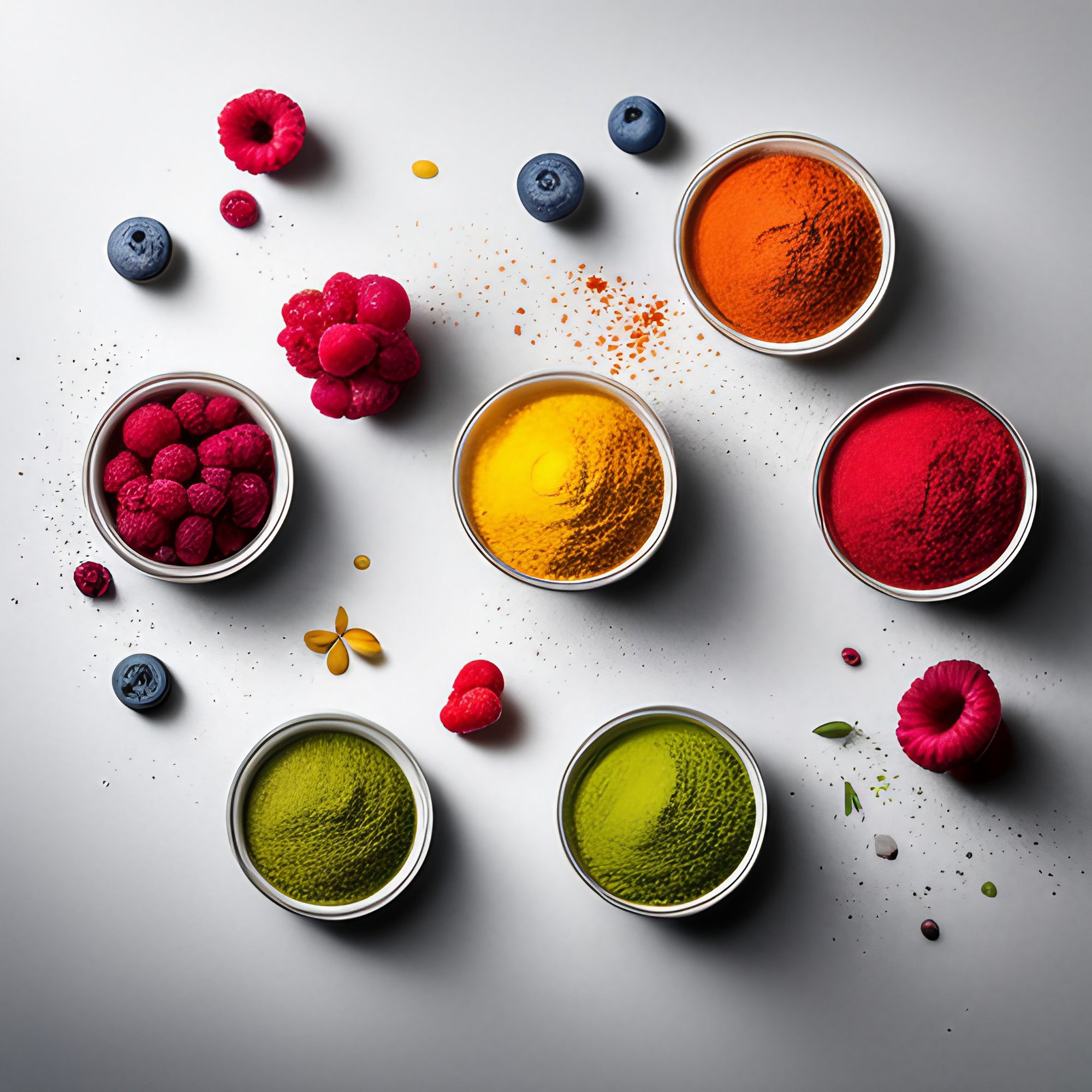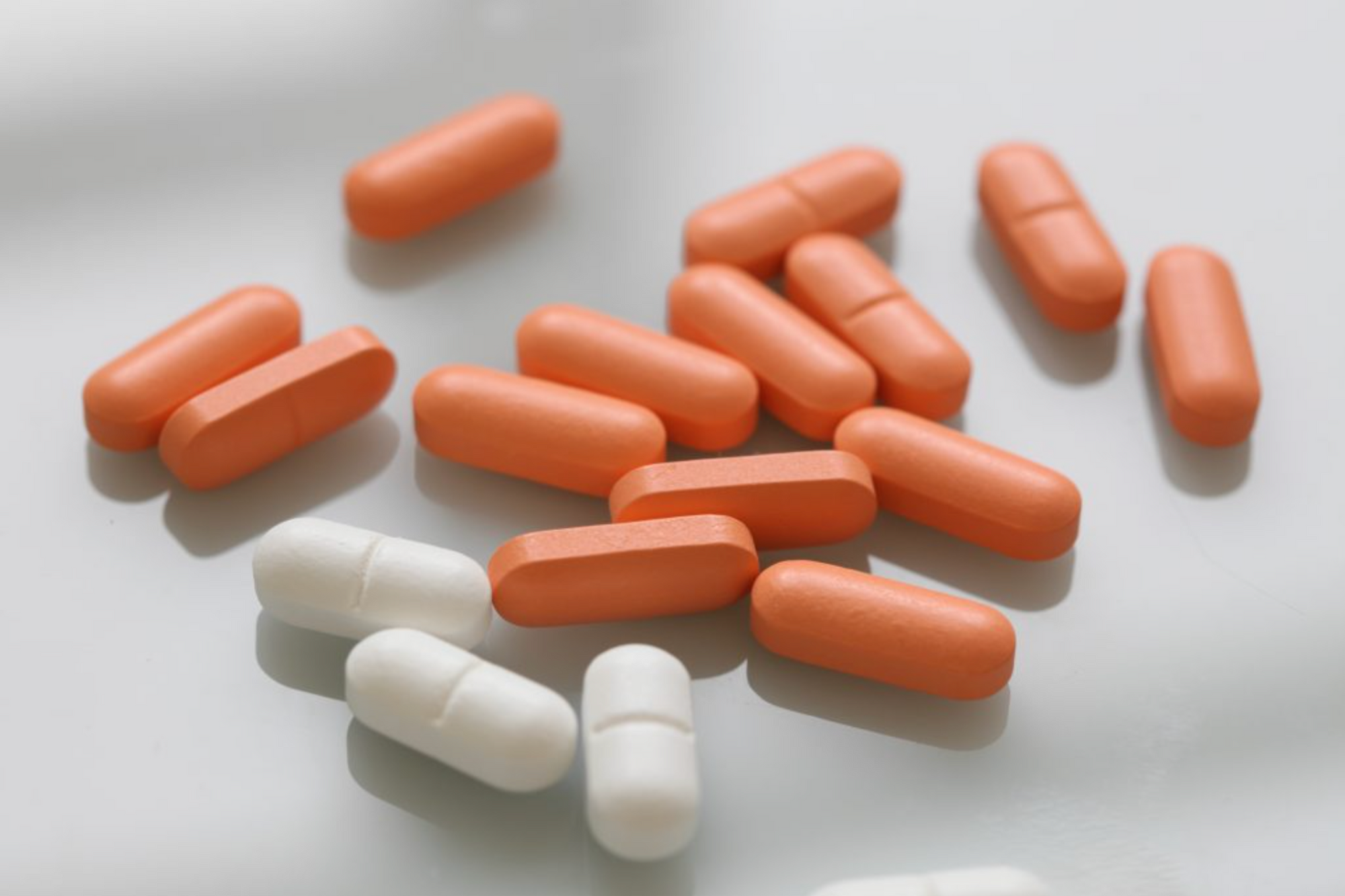Age-related Macular Degeneration (AMD) is a leading cause of vision loss among the elderly, affecting the central part of the retina called the macula. This part of the eye is crucial for sharp, detailed vision. As the population ages, the prevalence of AMD is increasing, making its management a significant public health concern. One of the promising approaches in combating AMD is the use of antioxidants.
AMD occurs in two forms: dry (atrophic) and wet (neovascular). The dry form is more common and less severe, but it can progress into the wet form, which can cause rapid vision loss. The exact cause of AMD is complex and thought to involve a mix of genetic, environmental, and lifestyle factors.
The Antioxidant Defense
Antioxidants are molecules that can neutralize free radicals - unstable molecules that can damage cells, including those in the eye. This damage, known as oxidative stress, is a key contributor to AMD. The retina is particularly vulnerable to oxidative stress because of its high consumption of oxygen and exposure to UV light.
Key Antioxidants in Focus
-
Vitamin C and E: These vitamins are potent antioxidants found in the retina and help protect cells from oxidative damage.
-
Lutein and Zeaxanthin: These carotenoids are naturally present in the macula. They filter harmful blue light and neutralize free radicals.
-
Zinc: While not an antioxidant itself, zinc is a key mineral in several antioxidant enzymes and processes in the eye.
-
Emerging Antioxidants: Newer research is exploring the benefits of other antioxidants like Astaxanthin, Quercetin, and Anthocyanins known for their powerful free radical scavenging ability.
Clinical Evidence and AREDS
The Age-Related Eye Disease Study (AREDS), a major clinical trial, found that a specific combination of antioxidants (Vitamin C, Vitamin E, beta-carotene, zinc) could reduce the risk of AMD progression. This led to the development of AREDS-formulated supplements. AREDS2 further refined this formula, replacing beta-carotene with lutein and zeaxanthin.
Dietary Sources of Antioxidants
A diet rich in fruits and vegetables, particularly leafy greens, is an excellent source of antioxidants like lutein and vitamin C. Foods high in omega-3 fatty acids, such as fish, are also beneficial.
Conclusion
Antioxidants play a crucial role in managing AMD. While supplements can help, they are most effective when combined with a healthy diet, regular exercise, and avoiding smoking. For those at risk of or battling AMD, consulting with healthcare professionals to create a comprehensive plan is essential. Remember, the key to fighting AMD might just lie in the colorful array of foods on your plate and a proactive approach to eye health.
If you are interested in a dietary supplement that contains a broad spectrum of vitamins, minerals, and antioxidants targeted for macular support check out Macular Support by Vitrea.




